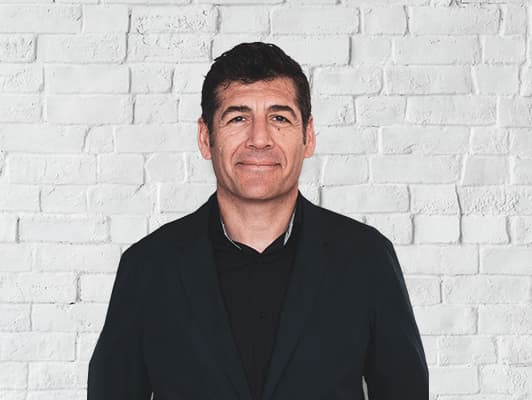A goal without a plan is just a wish
Every great project starts with meticulous planning. Antoine de Saint-Exupéry once said, "A goal without a plan is just a wish," and this is very true. With decades of experience in delivering websites on time and within budget, we understand the value of a well thought-out project plan. Here are our seven favourite secrets for a successful website rebuild:
1. Allocating enough time and resources to content
Underestimating the effort required for content is one of the biggest pitfalls, and we see this frequently. The content plan is often the most challenging aspect for many associations and nonprofits. Whether it involves collecting content from stakeholders or rewriting it from scratch, it's often the most overlooked and time-consuming factor in a new website project. Starting early with a content inventory allows you to schedule firm dates for this deliverable with the content team.
2. Planning for team member changes
Knowledge continuity is ideal in a project, but this isn't always possible, considering some website projects can take several months. We document and communicate as much as possible via email, ensuring a documented track. We also rely on cloud-based project management tools, including Jira and our custom project management portal.
3. Crafting the strategy, then selecting the solution
A well-planned project will always be ahead of making assumptions about the solution before understanding the project's parameters, goals, and objectives. Start with an open mind and work your way to what makes the most sense. Your agency will guide you to the best technology and approach for the task.
4. Trusting your agency
Not all teams work the same, so both parties need to actively listen before deciding on the solution. If you've taken the time to source a reputable and experienced agency, trust their input. Teams work best when there's mutual respect and reliance on their expertise. We often say that the client is the expert on their users at the project's beginning, and we are the experts on web presence. During the engagement, the knowledge gap will narrow as we strive to learn about your organization, the target audience, and the business model. Read more about our thoughts on this topic.
5. Sticking to the work plan
Schedules are prepared for a good reason as a key secret to project success. We are committed to a well-thought-out and reasonable schedule that takes everyone's time on the team seriously. Dates are often missed, causing complications throughout the project's lifecycle. When a deliverable or decision isn't provided on time, this can incur setbacks across the entire plan and complicate people's time assignments. We’ve been in the business for a long time and understand that not everyone on the team can cooperate at the same pace as other tasks may take priority, but understanding that these delays will impact the rest of the project is a key success factor.
6. Prioritizing user goals
Remembering who the website is for is a key secret. We've seen too many instances where stakeholders plan a website that they would like, which may initially seem like an okay idea but is not the route to a successful project. Creating personas is the step where we figure out what your users and members will be doing on the website, which helps drive the UX and UI decisions throughout the process.
7. Selecting a qualified agency
Ensure you contact two or three vendors that you are willing to work with. Look for in-house experience with a portfolio of comparable completed projects. Ask for references and don’t hesitate to ask difficult questions. Inorbital lists several dozen projects on our work page, and we had one prospective client contact each client in our portfolio. We ended up getting that project, but I wouldn't suggest reaching out to every client on the vendor's portfolio list.
Successful website projects start with a great plan, emphasizing the importance of allocating sufficient resources to content, which is often the most challenging and overlooked aspect. Planning for team changes and ensuring knowledge continuity through tools like Jira is crucial, as is crafting a strategy before selecting a solution. Trusting and actively listening to your agency is key, as mutual respect and expertise are essential for project success. Sticking to a well-thought-out work plan and understanding the impact of delays is vital. Prioritizing user goals and creating personas guide UX and UI decisions. Finally, selecting a qualified agency involves considering in-house experience and reviewing references.

Tony
Director and Founder
Inorbital founder and digital solution architect with over 20 years’ experience planning and directing dynamic web presence and web applications for all types of savvy organizations. When not directing Inorbital you can find him actively trying something completely new.


